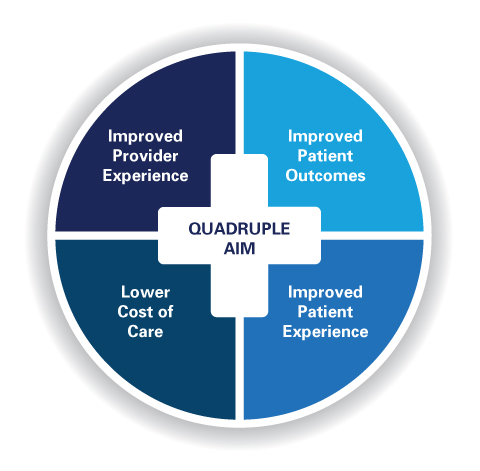
Substance Use Disorders are genetically and environmentally influenced. Addictions are frequently chronic and episodic. Specifically, addiction results in an inability to control substance use or abstain from using drugs or alcohol. Patients are less likely to seek or access services, will drop out of treatment early, and will be less likely to share accurate information about their health and use.įor immediate and specific resources, please email your IBH team Use Disorder (SUD) is defined by the American Society of Addiction Medicine (ASAM) as a chronic disorder that affects the reward, motivation, and memory functions of the brain based on use of substances that have a psychoactive effect. Stigma undermines treatment and successful health outcomes. View patients with an SUD as more threatening. Believe punishment is more beneficial than treatment, and. Believe addiction is an issue of choice and control. Have lower expectations for health outcomes. View patients with SUDs differently usually with more negativity. It is an attribute, behavior, or condition that is socially discrediting, and affects healthcare workers, patients, family, friends, employers, etc.īecause of stigma, some healthcare workers: Stigma has the potential to negatively affect a person’s self-esteem, damage relationships with loved ones, and prevent those suffering from addiction from accessing treatment. Stigma describes the powerful, negative perceptions associated with substance use. Develop clean, clear, and defined team communication which produce improved outcomes and service quality. Reduce per patient per month (PPM) costs. Preparing the practice for value-based payment models, case rate and episode-base reimbursement. Reducing emergency room utilization for patients of the primary care practice. Avoiding hospital admissions and readmission. Improving outcomes for both physical and behavioral health diagnosis. 
Expanding identification / screening for behavioral health/substance use disorders.

We know emotional health is connected to our physical health, hence having a multidisciplinary team providing services in one setting provides comprehensive care when working with people to improve the quality of their lives.įor immediate and specific resources please email your IBH team care enhances the primary care team through: IBH services combine medical and behavioral health services for problematic, chronic, comorbid conditions to patients presenting in a primary care setting, including stressed-linked physical symptoms, health behaviors, mental health (MH) or substance use disorders (SUD). Treating these complex and/or chronic illnesses with a team approach is innovative and evidence based best practice in the primary care setting. This model combines a multidisciplinary team that integrates treatment strategies and interventions to provide whole person care rather than treating isolated symptoms or diagnosis. IBH is a team-based approach that provides real time teamwork with shared care plans as a standard approach to care for designated populations.






 0 kommentar(er)
0 kommentar(er)
